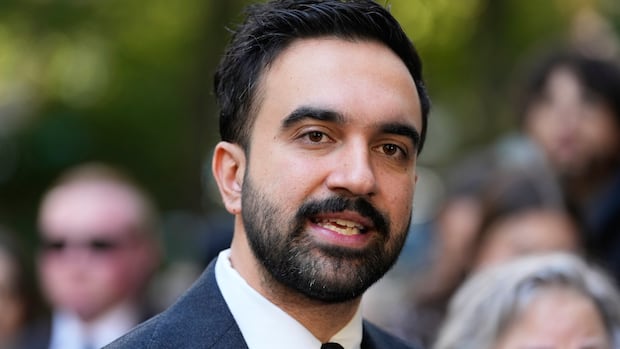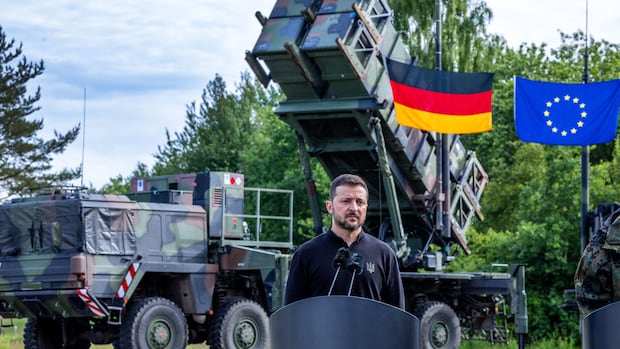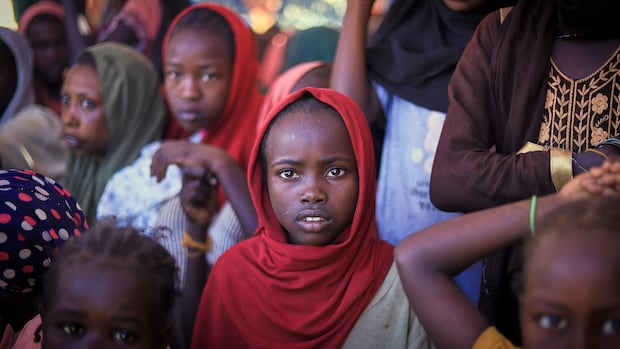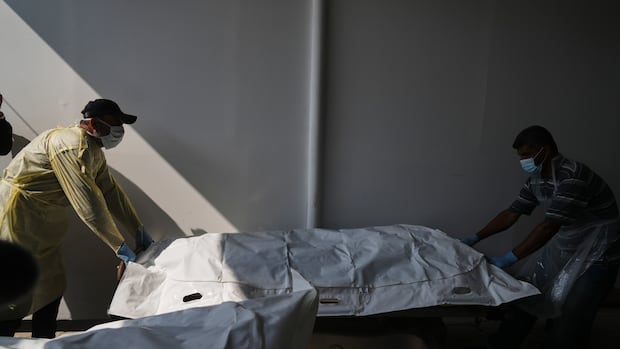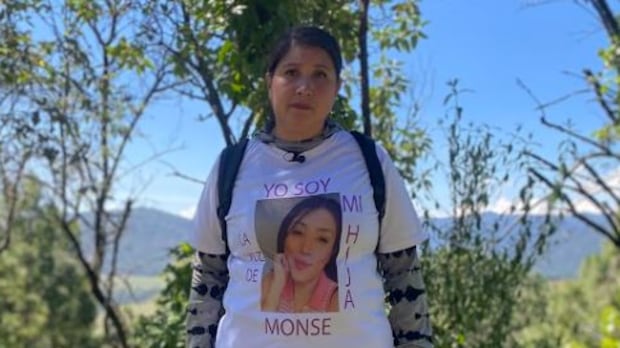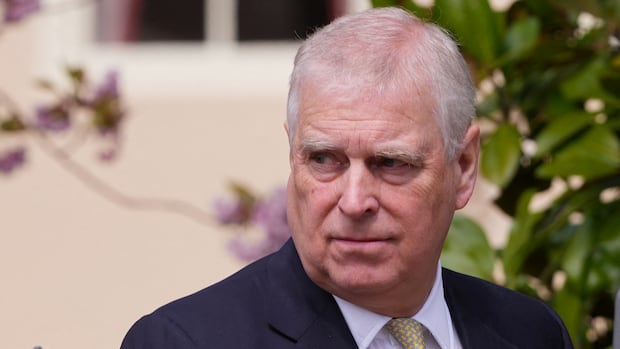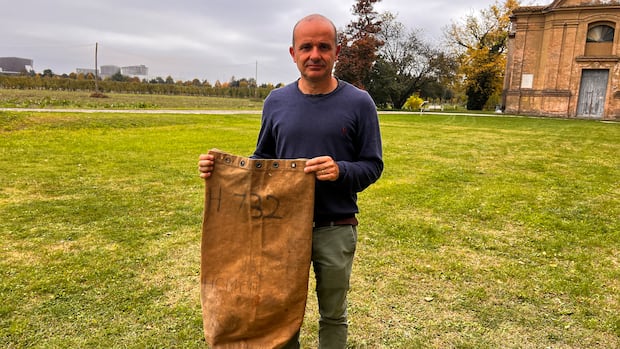Opening the door to what he calls pragmatic and constructive dialogue, Prime Minister Mark Carney held a bilateral meeting Friday with the president of China on the margins of the Asia-Pacific Economic Cooperation summit.
It marked the first formal leader-to-leader contact between the two nations since 2017.
In brief remarks before the start of his meeting with Carney, Xi spoke about the long history of co-operation and engagement between Canada and China. And he invited the prime minister for a state visit.
“China is willing to work together with Canada to push China-Canada relations back onto a healthy, stable and sustainable correct track at an early date, so as to better benefit the people of our two countries,” Xi said in Mandarin Chinese, remarks that were later translated.
Carney also acknowledged the two countries had grown estranged over the last several years.
“Distance is not the way to solve problems, not the way to serve our people,” the prime minister said at the outset before the media was ushered out of the room.
Meeting ‘long overdue’: PMFollowing the meeting, Carney stopped to say that he was pleased with the talks, which lasted 39 minutes, according to officials in the Prime Minister’s Office.
“This meeting today is long overdue,” Carney said on his way to the APEC leaders dinner. “We now have a turning point in the relationship, a turning point that creates opportunities for Canadian families, for Canadian businesses.”
He didn’t go into specifics.
A readout of the discussion from the Prime Minister’s Office said both leaders directed their officials to move quickly “to resolve outstanding trade issues and irritants.”
WATCH | Canada has little leverage in Chinese talks, expert says:Asia Pacific Foundation of Canada vice-president of research and strategy Vina Nadjibulla says Chinese President Xi Jinping believes U.S. trade disruptions are giving China a global momentum, and says that Prime Minister Mark Carney will enter a Friday meeting with Xi with especially little leverage against a country that is difficult to negotiate with 'on any day.'The statement went on to say they discussed “solutions to respective sensitivities regarding issues including agriculture and agri-food products, such as canola, as well as seafood and electric vehicles.”
Major Canadian exports to China — especially canola, pork and minerals — have faced recurring trade barriers.
Last state visit was in 2017Over the years, a number of Canadian political leaders and federal policymakers have accused Beijing of using trade as leverage.
Outside of trade, there are plenty of "sensitivities" in the relationship, including allegations of Chinese bullying of diaspora communities in Canada and interference in Canadian elections.
During the federal leader’s debate in last spring’s election, Carney described China as the biggest foreign interference threat the country was facing.
Time and circumstances change, though, said Jeff Nankivell, of the Asia Pacific Foundation of Canada.
“After the affair of Meng Wanzhou, the two Michaels, I don't think there's a prime minister out there who would have been in a position to have some kind of a reset of the relationship immediately," he said. "So I think it's partially a question of timing, and we also have circumstance.”
WATCH | Trump says levies to shrink if China cracks down on fentanyl trade:U.S. President Donald Trump says he had agreed with President Xi Jinping to trim tariffs on China in exchange for Beijing cracking down on the illicit fentanyl trade, resuming U.S. soybean purchases and keeping rare earths exports flowing.Canada’s deteriorating relationship with the U.S. has set the conditions for Canada and China to get past the bad blood that’s been created, he said.
Carney’s dialogue with Xi comes one day after the Chinese leader sat down with U.S. President Donald Trump, a meeting that dialed back the trade war between the two economic superpowers for the time being.
Goldy Hyder of the Business Council of Canada says the U.S. had a clear message for China this week: “We're never going to be the best of friends, we are going compete, but we're going to have to figure out how to do it. "
It's a sentiment Canada should pay attention to, Hyder added.
"If America's sending that signal, then it's clearly an opportunity for Canada to say, well, we agree, and we're gonna do the same thing. We're gonna look out for ourselves as well.”
Prior to Friday, the last formal, high-level contact took place when former prime minister Justin Trudeau met with Xi in Beijing in 2017, when Canada pursued, and ultimately failed, to secure a free-trade deal with China.
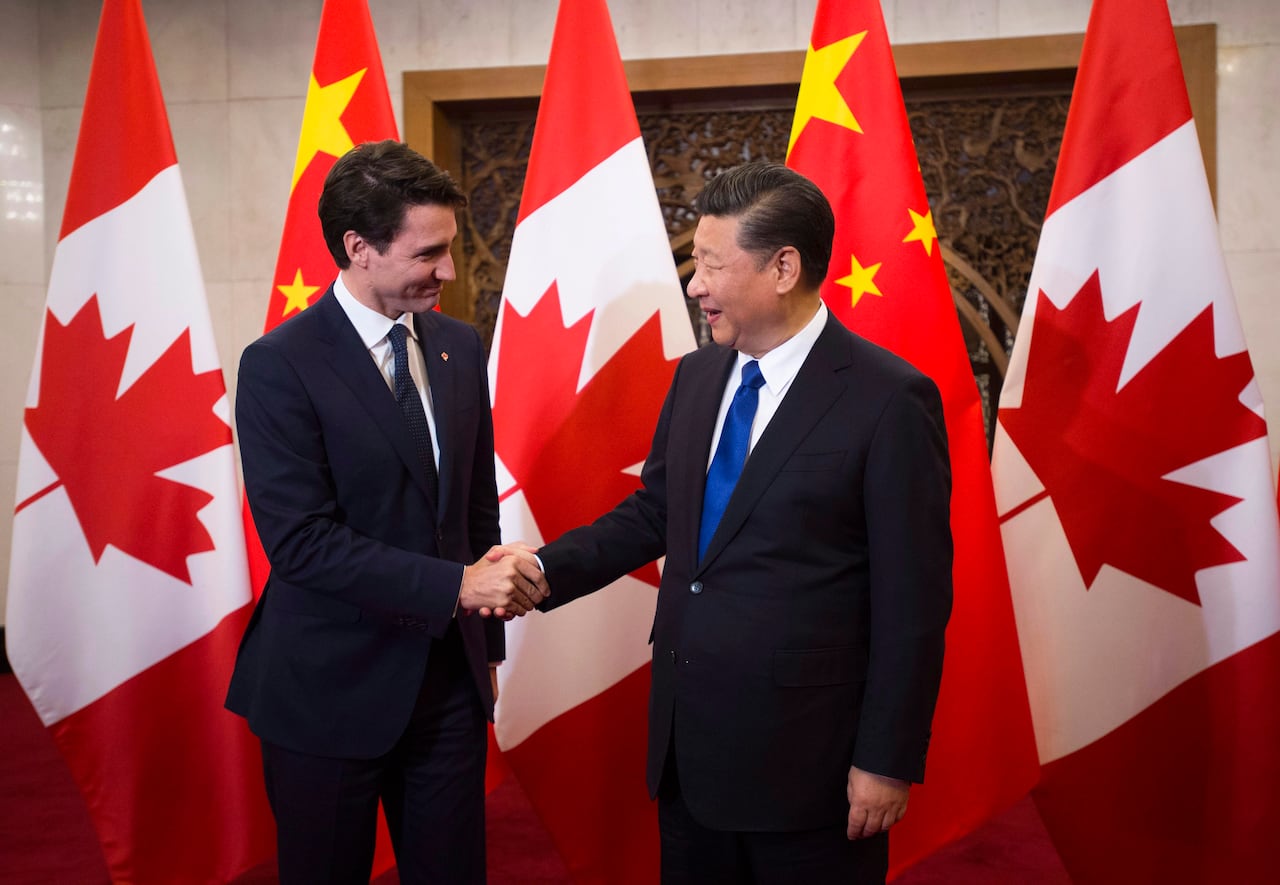 Prime Minister Justin Trudeau meets Xi at the Diaoyutai State Guesthouse in Beijing on Dec. 5, 2017. It would be the last formal meeting between Canadian and Chinese leadership until Friday. (Sean Kilpatrick/The Canadian Press)
Prime Minister Justin Trudeau meets Xi at the Diaoyutai State Guesthouse in Beijing on Dec. 5, 2017. It would be the last formal meeting between Canadian and Chinese leadership until Friday. (Sean Kilpatrick/The Canadian Press)Relations between the two countries have been deeply strained, defined by almost a decade of mistrust and sporadic economic engagement.
The major political rupture emerged with the 2018 arrest of Huawei tech executive Meng Wanzhou in Vancouver and Beijing’s retaliatory detention of two Canadians. The episode hardened public and political opinion against China, which was further reinforced by allegations that Beijing sought to meddle in elections in Canada as well as the intimidation of diaspora communities.



